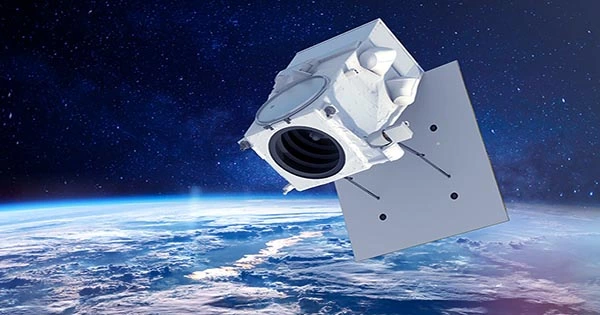Space geopolitics is not a new concept. The Space Race was sparked by Cold War rivalry, and space has remained a source of national rivalry ever since. Governments have a clear and present stake in what occurs in space, from the management of GPS to help military decision-making to satellite-based communications or accurate imaging to aid humanitarian groups and refugee movements in high-risk nations. In recent years, space has become a battleground for global security. Despite this history, highly specialized firms are increasingly influencing space geopolitics. First, as governments become more reliant on commercial space capabilities, space businesses have gained unprecedented control over the development of specific elements and capabilities in national space operations.
For the first time, strategic space competition is based equally on the commercial and governmental sectors. As autonomous players, New Space companies have a considerably stronger presence in space. They have revolutionized the way global security in, from, and to space has long been understood by launching their own private equipment. In a nutshell, space is no longer only about countries.
That isn’t to say that private companies have completely displaced governments in space; public investments in space continue to outnumber private ones. For example, government-led financing increased by 44% from 2008 to 2017, while the private sector accounted for a smaller percentage of space launches. The stats haven’t changed much in five years. However, the nature of how private companies function in space is changing as well. As legacy corporations like Boeing, Lockheed Martin, and Raytheon did in the past, space-specialized companies continue to assist government initiatives. New Space companies, on the other hand, have gained more autonomy and decision-making power over the government.
In the 1980s, government programs for the commercial market in satellite-powered remote sensing were limited. Government limits encouraged the emergence of a new market for specialist private space firms to provide these goods whenever the intelligence community began to require high-resolution pictures — for example, to track armed forces movements throughout the globe. As New Space enterprises’ service portfolios got increasingly specialized, the interaction between governments and private companies became less of a “prime contractor” arrangement and more of a public-private partnership of near equals. Previously, NASA determined “what” and “how” capabilities should be created; currently, the government establishes the aim (the “what”) and high-level criteria while leaving the specifics to industry.
As a result, governments are increasingly relying on space-specialized companies to not only provide specific solutions to current demands, but also to assist them in staying ahead of the global strategic rivalry. This is the case with the European Union’s CASSINI Space Investment Fund, which would invest at least $1 billion in startups, and the Chinese government’s D60 decision, which allowed major private investment in space enterprises in 2014. Until then, China’s market was dominated by two state-owned companies (CASIC and CASC).
However, since 2014, the space industry has grown at an exponential rate — see Galactic Energy or Spacety — exporting its wares to third countries through the Belt and Road Initiative’s Digital Silk Road, particularly in Latin America, the Caribbean, and Africa, or attracting foreign talent, as MinoSpace does. For New Space companies, this cycle has become virtuous: in order to stay competitive in space, governments have grown reliant on certain of their services and goods. Interstate politics has paved the path for space companies to have a bigger say in how governments compete with one another.















